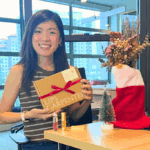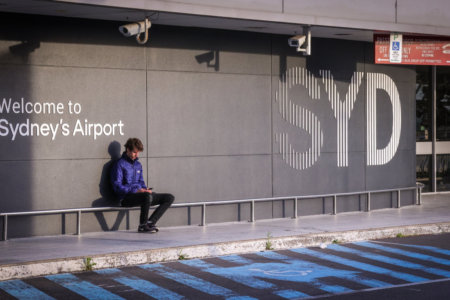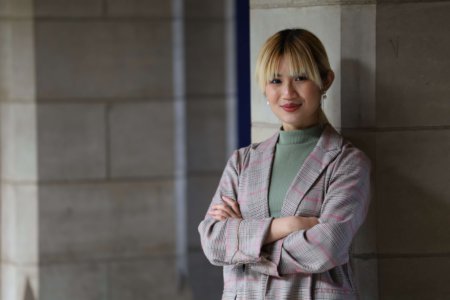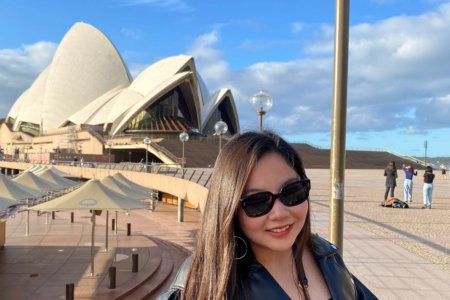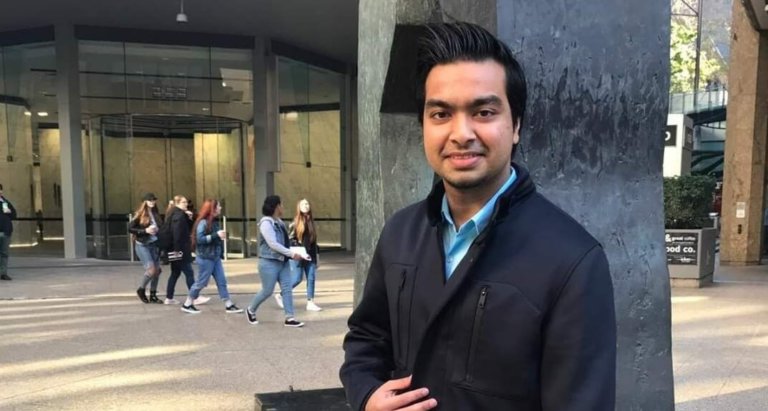
In 2015, Tanvir Haque had never left his country. He had little in his bank account and no idea of what his career path would be. Now, the Bangladeshi is based in Australia — a dream destination for many — and boasts roles in IEAA Young Professionals, company recruitment and international recruitment.
A degree in international business from CQUniversity made all of this possible. “I was looking at three countries — the US, Canada and Australia. After finishing my A-levels and SAT, I got some offers from the US but I saw the scope is very limited for international education and they work differently there,” he shares.
“My second option was Canada but the drawback was the weather — it was very cold. My third option was Australia,” he says in an interview with The PIE News.
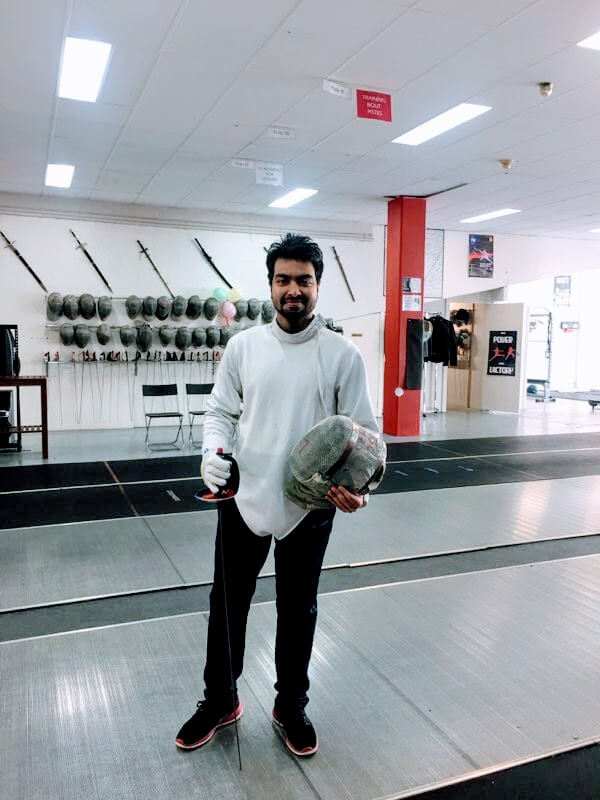
After considering the US, Canada and Australia, he chose to go Down Under. Source: Tanvir Haque
As a mentor, he helped first-year students (which would later earn him a nomination for the 2016 Mentor of the Year award). He was also an international student ambassador where, through sharing his own perspective, he helped new students find their way.
In Australia, he found a new life. We caught up with him to learn more about this, whether he misses home and his future plans:
Walk us through your undergrad degree in Bangladesh. Where did this interest come from?
When I finished school I still wasn’t sure what I wanted to do because I was still young. My father used to work in a textile company so he actually encouraged me to pursue a bachelor’s in textile. He said there would be a prospect in that future and I might like it.
This is because back in that time, even today, Bangladesh is one of the top leading countries for the apparel industry. These aspects got me thinking: “Why not?”
From there, what made you choose your master’s in international business? Why CQUniversity in Australia?
After my bachelor’s, I was looking to further my higher education journey in a first world country. From the US to Canada, Australia had similar weather to Bangladesh and one that I could handle.
I applied to two unis, CQUniversity and Curtin University. With CQUniversity, I got a 20% scholarship through the Vice-Chancellor’s CQUni Connect programme so that actually helped spur my decision to go to Australia and study there.
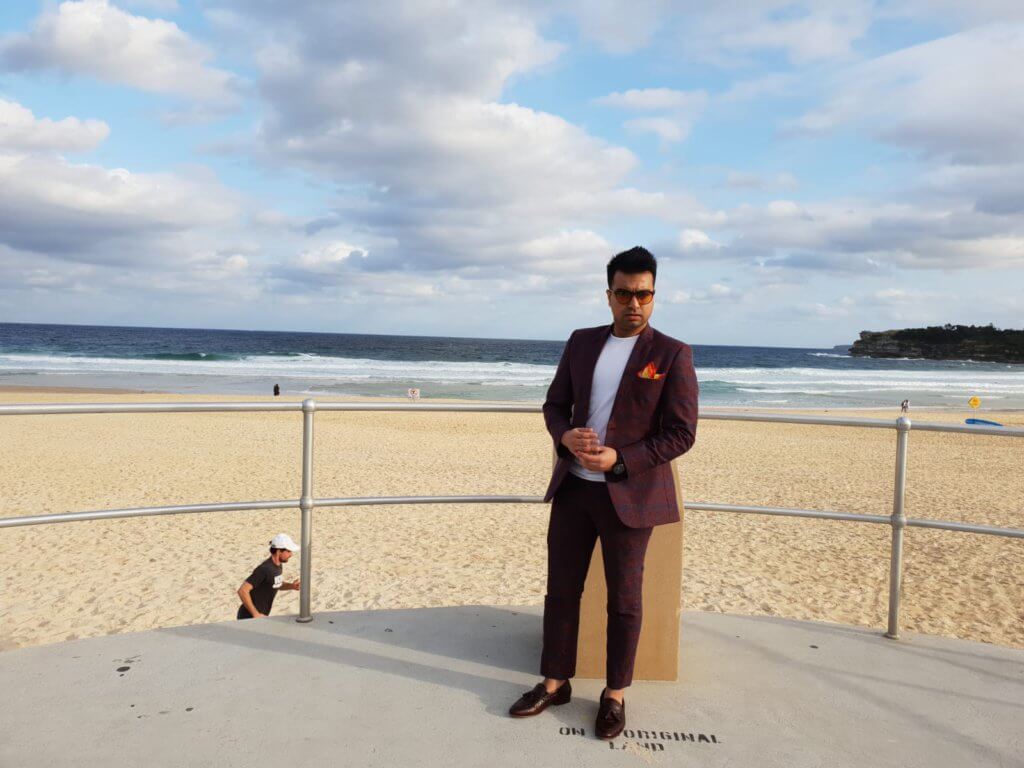
As an international student ambassador, Tanvir Haque helped new students find their way. Source: Tanvir Haque
With a background in apparel engineering and merchandising, I felt it was all related to marketing. To further add, my knowledge in textile foundation helped connect the dots to study international business.
Walk us through your exchange programme in Japan. What was that like?
To be honest, I actually forgot all about this. But at CQUniversity, we had outbound programmes and I was the first and only international student to be selected for it. It’s basically a 21-day programme where we got to learn about the Japanese language, history, and culture.
It was definitely something interesting to add to my resume which signifies my work experience when I talk to people.
Interesting! Do you think you’d be able to get around in Japan with the knowledge from that programme?
In terms of culture, of course. But with the language, maybe not because I actually forgot what I learnt in the three week period. However, at this point in time with technological advancement, one can get around in a foreign country with a mobile phone. So, I think I would survive, yes.
What about your role as one of the international directors of IEAA Young Professionals? Tell us more about it.
It’s more to do with professionals than international students but my role consisted of organising different events and invite the network from the international education sector. The network as in the vice-chancellor, the director, the education agent and some international students who want to get into this sector.
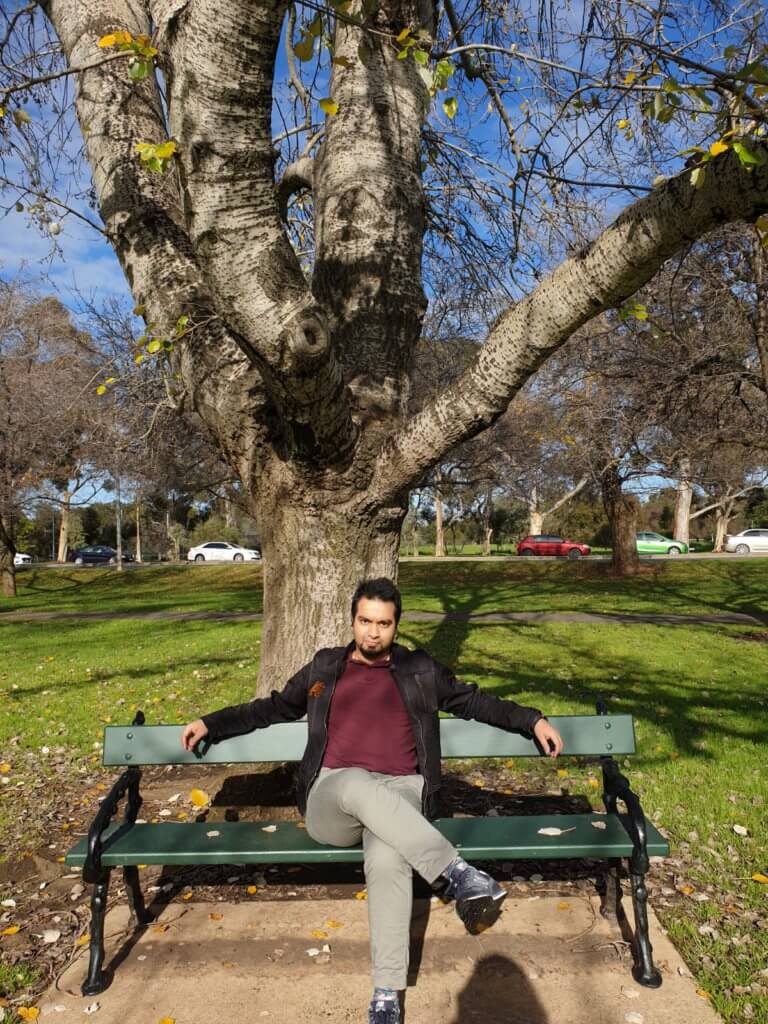
“After my bachelor’s, I was looking to further my higher educational journey in a first-world country,” Haque says. Source: Tanvir Haque
The whole point of my position was to bring everyone in under the same roof so everyone knows each other. If they want to come into the international education sector, they’ll need to learn how it works so that was part of my role at IEAA.
Obviously, international students have had a lot of difficulties going to Australia today. What are organisations like IEAA doing to support them?
Considering COVID-19 lockdowns and restrictions, we now organise virtual events. We have these events to promote different cultures, Australian workplace environments, and international education.
This is so international students (who are in their home country) get to know about Australia and it will actually help them settle down once they arrive. A more helpful approach rather than getting culture shock.
Regarding international students in Australia, what updates on governmental regulations do you have knowledge of?
Compared to other countries who already have opened their borders (like the US, Canada, the UK, etc) it’s been almost two years in Australia that we’re still in lockdown. Having said that, we’ve been very lucky.
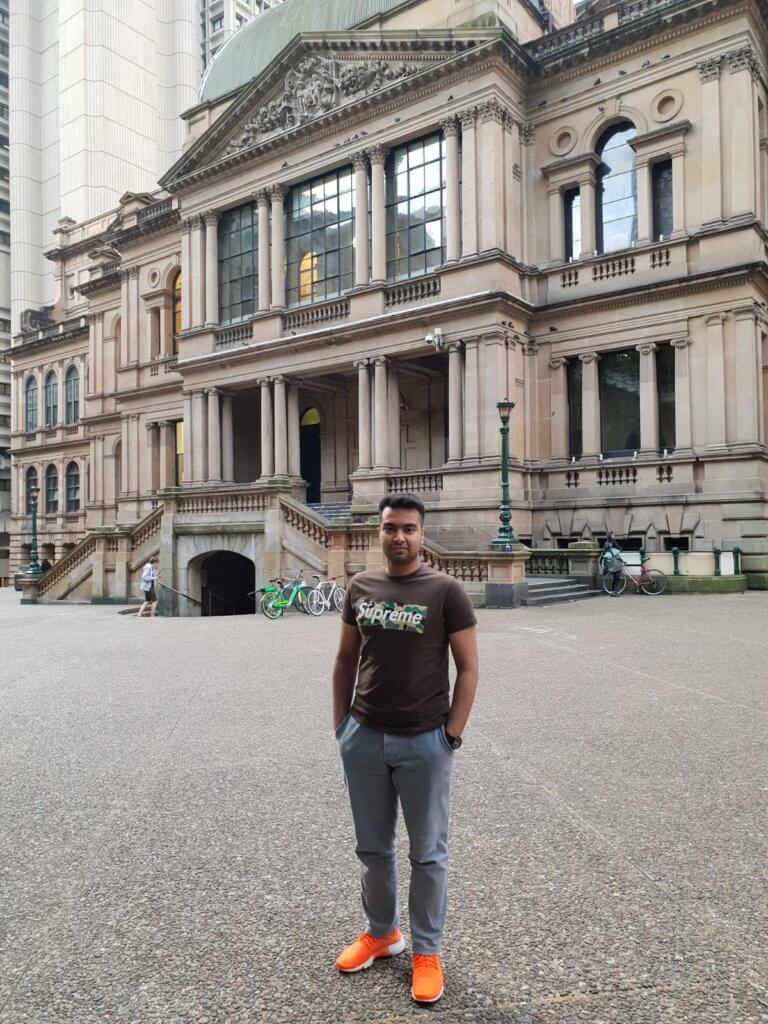
“This lockdown period will end once we reach a vaccination rate of 80% and we’re currently a 40% fully-dosed country,” Haque says. Source: Tanvir Haque
The federal government and state governments have minimised COVID-19 cases better than most countries. This lockdown period will end once we reach a vaccination rate of 80% and we’re currently a 40% fully-dosed country.
Hopefully, by the end of this year, we will have some positive news for international students coming or returning to Australia.
As a Bangladeshi in Australia, do you miss any foods from home?
Well, the best thing about Australia is that it’s very diverse and you can find a lot of different cultures and nationalities here. As a Bangladeshi in Australia, I do crave food from home but there are lots of restaurants here owned by Bangladeshi people.
They also have a lot of catering companies as well so at a click away, I can just order the foods I crave.







